Features
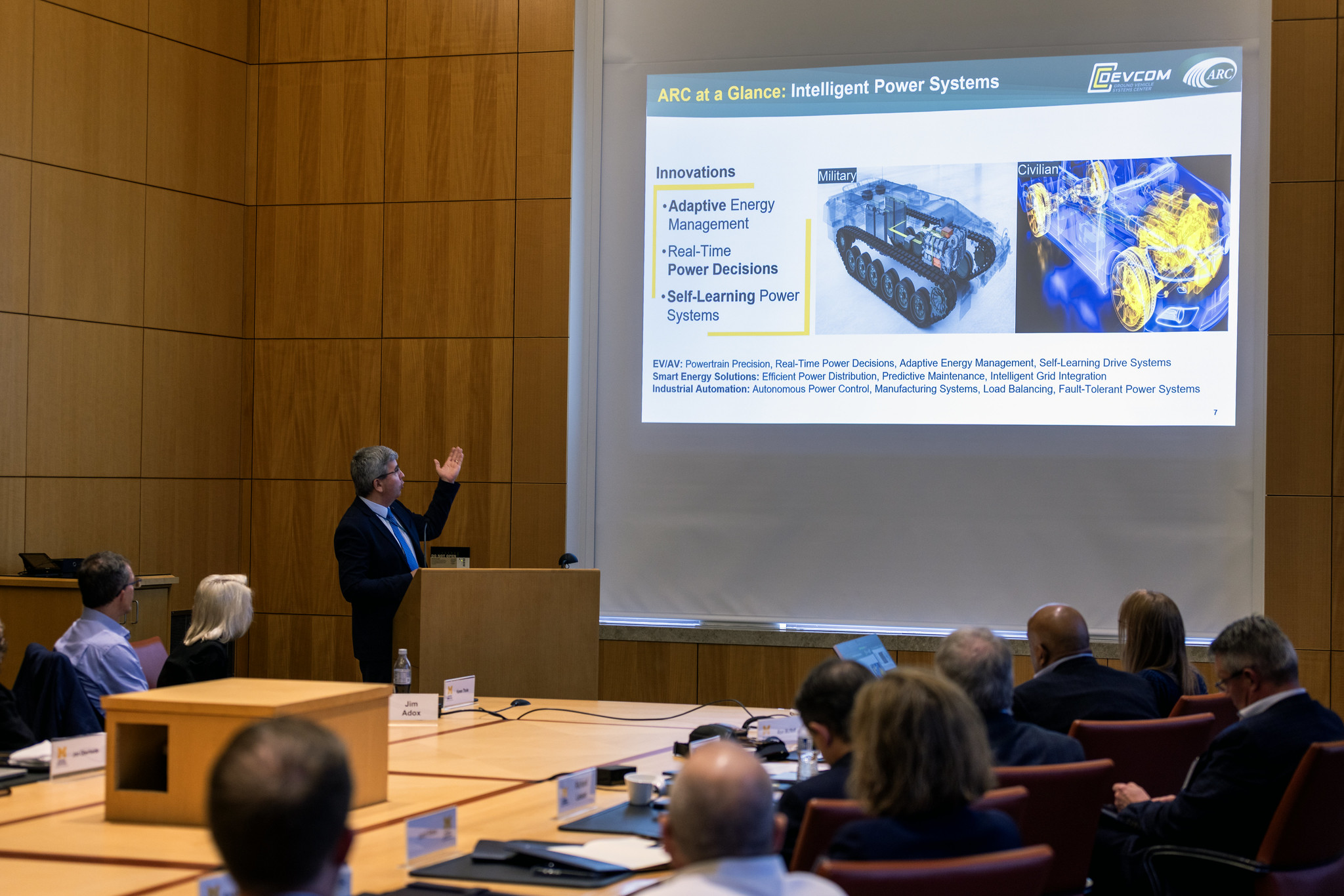
From Lab Models to Real Vehicles: College of Engineering Leadership Advisory Board visits U-M Automotive Research Center
On October 17, 2025, U-M’s Automotive Research Center (ARC) hosted the Dean’s Leadership Advisory Board for interactive demonstrations of cutting-edge autonomous and connected vehicle technologies. Board members experienced hands-on labs and real-time displays—from teleoperation and LiDAR-equipped vehicles to AI-driven control systems and driver cognitive monitoring. ARC researchers highlighted how models move rapidly from lab to hardware, supporting both defense and civilian advances. The visit reinforced ARC’s commitment to innovation, safety, and student growth, reflecting the center’s mission to solve complex mobility challenges through collaborative, real-world research.

ARC Showcases Digital Engineering Testbed to Major General Rogers, Demonstrating Readiness to Support the U.S. Army Transformation
The University of Michigan’s Automotive Research Center (ARC) recently showcased its advanced Digital Engineering testbed to Major General Paul D. Rogers, highlighting breakthroughs in AI-driven autonomous systems, human-machine teaming, and virtual simulations that support U.S. Army modernization.
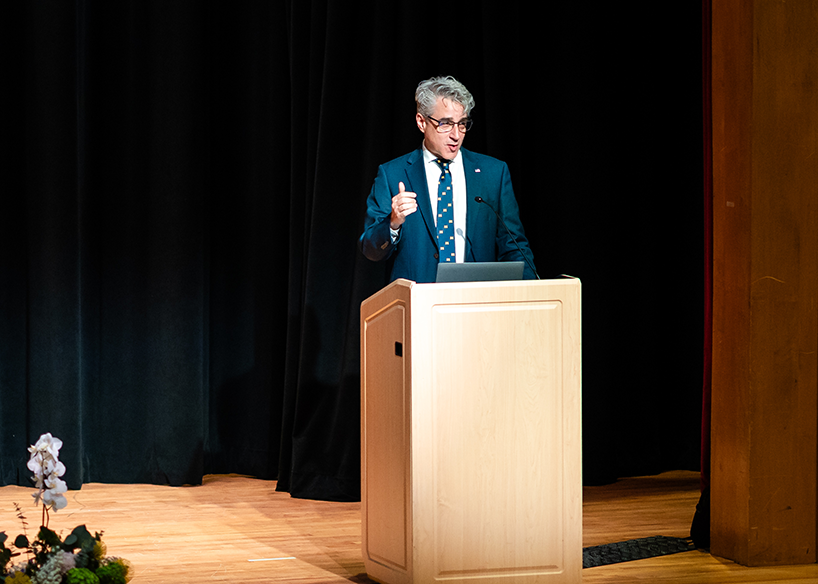
U-M VP for Research and Innovation Prof. Lupia Highlights U.S. Army Partnership and Digital Innovation at ARC Annual Review 2025
At the ARC Annual Review 2025, Prof. Arthur Lupia highlighted the University of Michigan’s leadership in defense innovation and partnership with the U.S. Army. He emphasized the impact of digital twins, robotics, and automation, reaffirmed U-M’s commitment to advancing defense technologies, and pledged continued support for ARC’s mission and collaborations.

Empowering the Next Generation: ARC Celebrates Student Excellence and U.S. Army-Focused Innovation
At the 2025 ARC Annual Review, the Automotive Research Center recognized outstanding student researchers with the ARC Excellence in Research Award and the Best Student Poster Competition, spotlighting their contributions to Army-relevant technology and innovation. These programs not only honor individual excellence but also help develop the next generation of technical leaders for the Department of Defense.

Digital Engineering: Zero Shot or Zero Chance?
At ARC’s 2025 Annual Review in Ann Arbor, top experts from the Army, academia, and industry debated whether digital engineering can fully replace physical prototyping for Army vehicles. While some saw digital tools as the key to faster innovation, others emphasized the irreplaceable value of real-world testing. The lively exchange highlighted the need for both advanced simulation and hands-on validation—showing that the Army’s modernization journey is as much about critical questions as bold technologies.
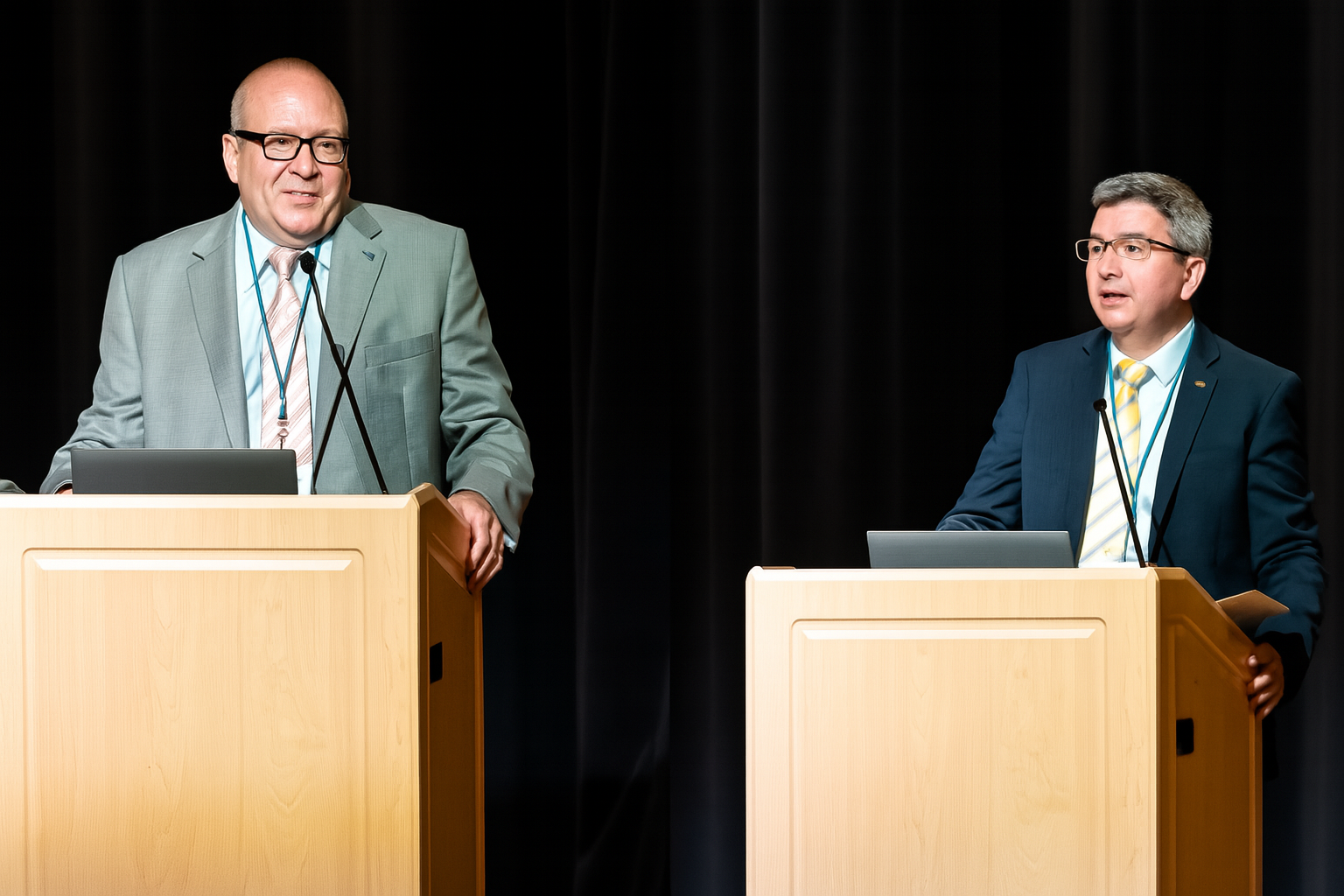
Accelerating Army Transformation: The ARC and GVSC Forge a Vision for Digital Engineering Excellence
The Automotive Research Center (ARC) and U.S. Army Ground Vehicle Systems Center (GVSC) are advancing Army modernization through a unified vision for digital engineering. ARC’s pioneering testbed connects AI, autonomy, and physics-based modeling to rapidly prototype next-generation autonomous ground vehicles. Bridging research and real-world application, ARC invites partners to co-create innovative, mission-ready solutions for the Army’s future force.
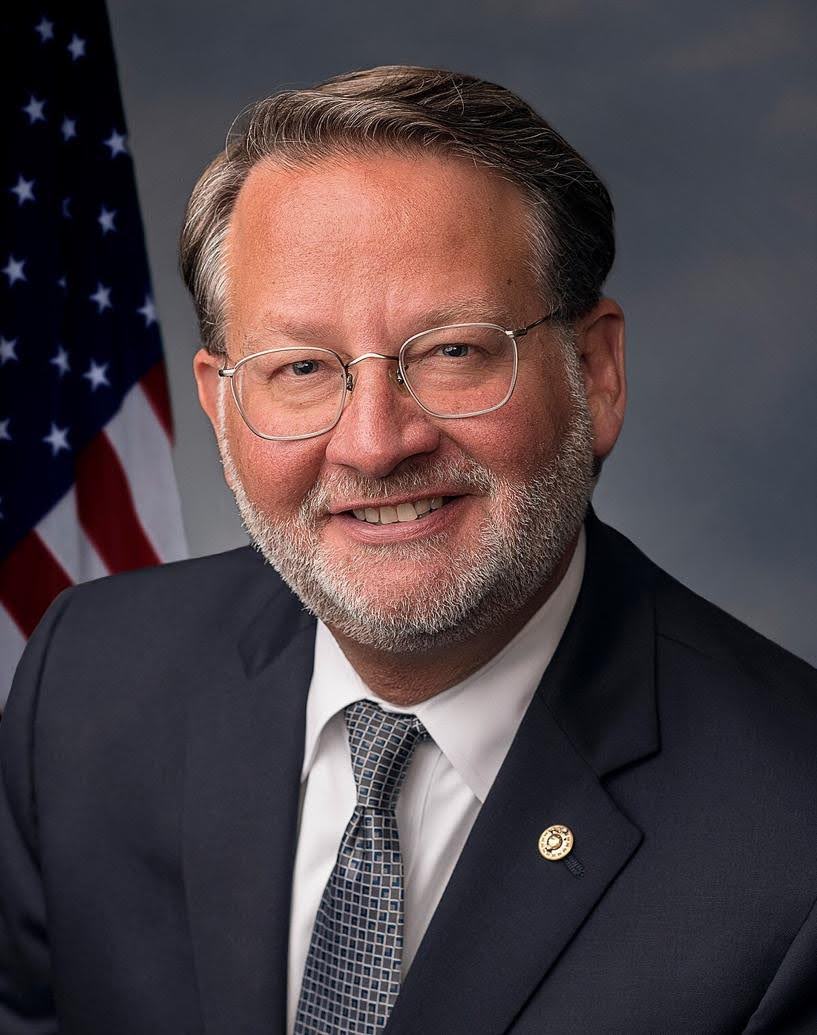
Driving the Future of Defense Innovation: ARC and GVSC in the National Spotlight
Senator Gary Peters delivered opening remarks at the ARC Annual Review 2025, highlighting Michigan’s leadership in mobility and ground vehicle innovation as essential to the nation’s defense. Recognizing ARC’s vital partnership with the U.S. Army Ground Vehicle Systems Center, Peters emphasized the center’s pivotal role in advancing technologies that protect service members and strengthen national security.
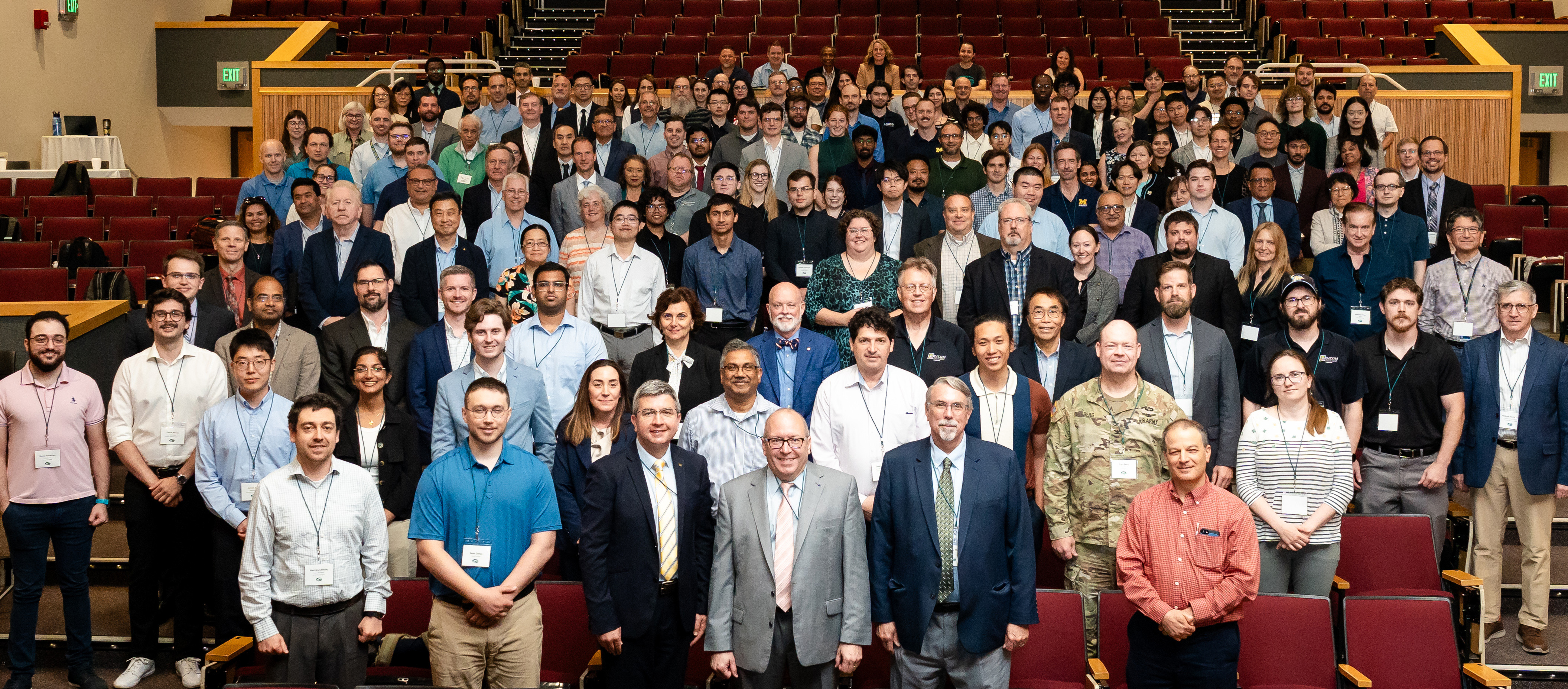
Digital engineering, autonomous intelligent systems on display at ARC Annual Program Review
The 31st Annual Program Review of the Automotive Research Center (ARC), led by the University of Michigan, gathered over 250 leaders from the Army, industry, and academia to showcase advancements in digital engineering and autonomous intelligent systems for military ground vehicles. The event emphasized accelerated, simulation-driven technology development by utilizing digital engineering and AI, while integrating feedback from military exercises and supporting student innovation through awards. ARC's ongoing mission centers on revolutionizing vehicle design for the U.S. Army, enhancing battlefield readiness, and training future engineers through collaborative partnerships across universities and government agencies.
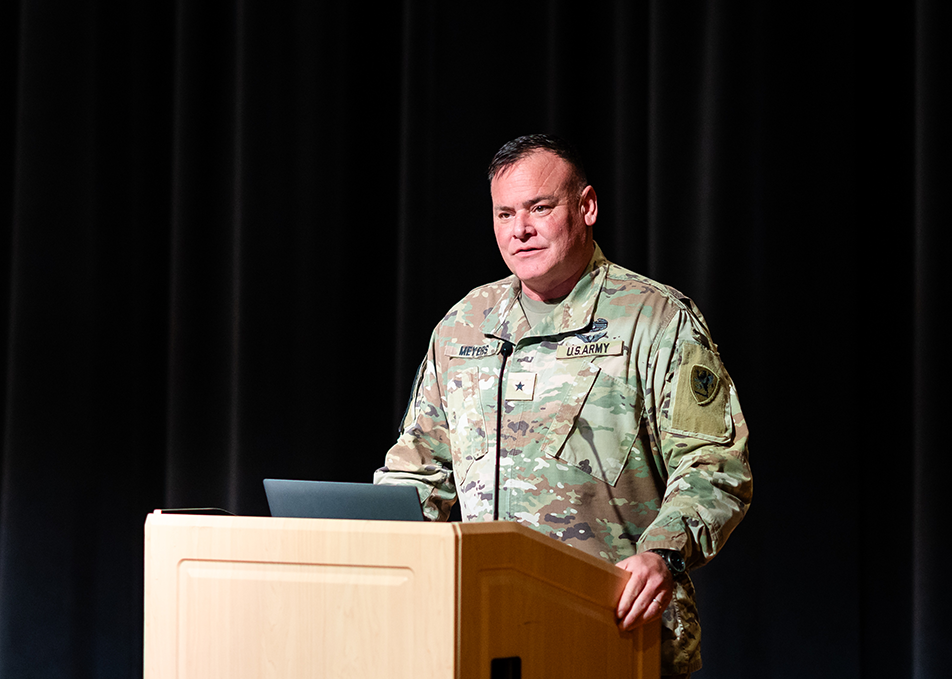
From Lab to Warfighter—Faster: Brigadier General Scott Meyers Charts Bold Acceleration Strategy at ARC 2025
At the ARC Annual Review 2025, Brigadier General Scott Meyers outlined a strategy to accelerate defense technology from lab to battlefield using Michigan’s unique resources. He highlighted the ARC's pivotal role in swiftly transitioning innovations to meet real military needs through strategic partnerships with GVSC and MING, aiming to expedite U.S. Army modernization.
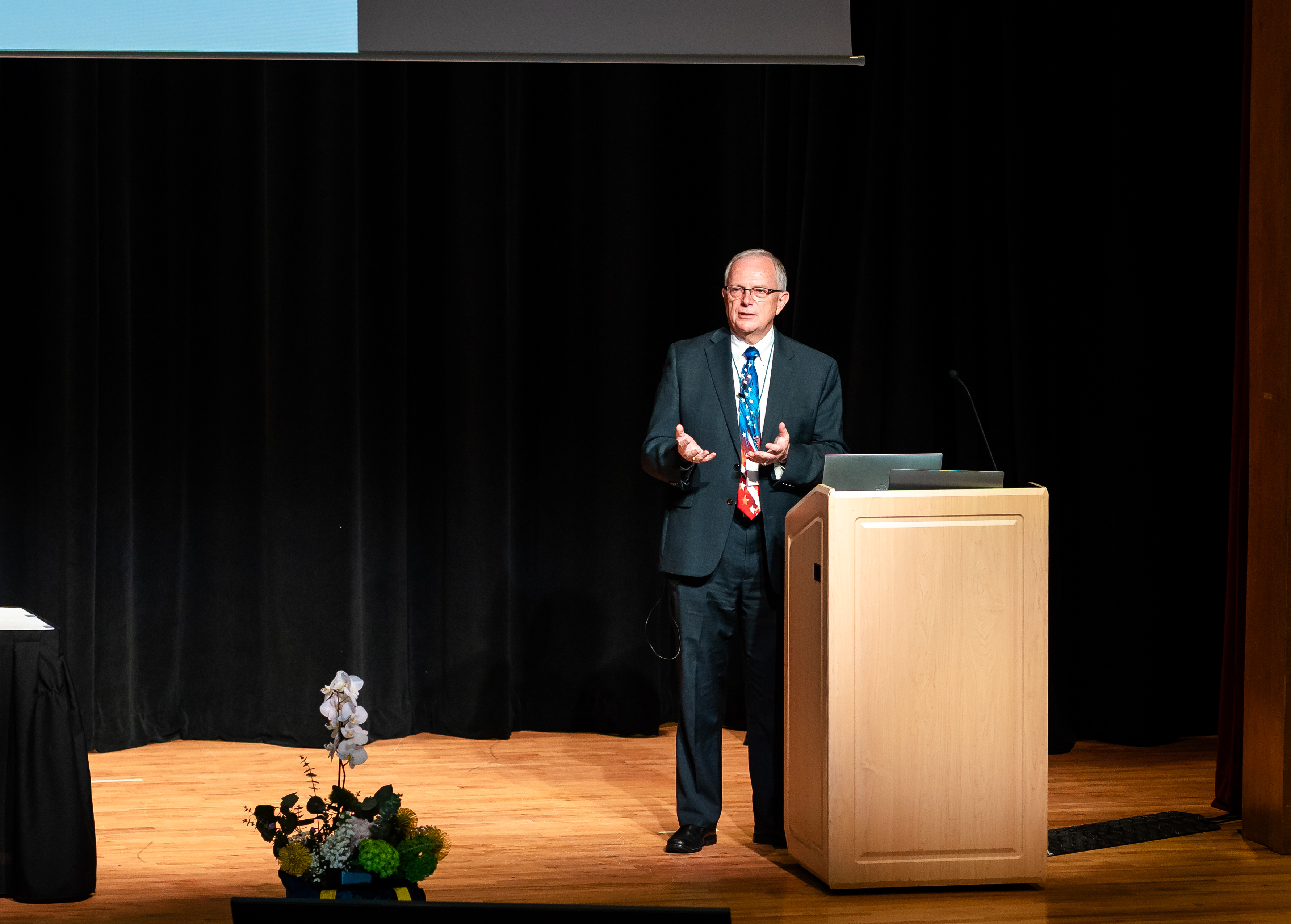
Economic Logic Meets Digital Ingenuity: Dr. Bruce D. Jette’s Call for Smarter Acquisition at ARC 2025 Keynote Address at the ARC Annual Review
During the Automotive Research Center Annual Review 2025, Dr. Bruce D. Jette underscored the importance of digital mastery, economic discipline, and human-centered design for military modernization, emphasizing the need for more efficient and integrated acquisition processes. Highlighting the ARC's collaboration with the U.S. Army Ground Vehicle Systems Center, he advocated for reversing traditional defense workflows to leverage virtual modeling and simulation, while stressing the importance of clear interdisciplinary communication and innovation informed by real-world needs.

